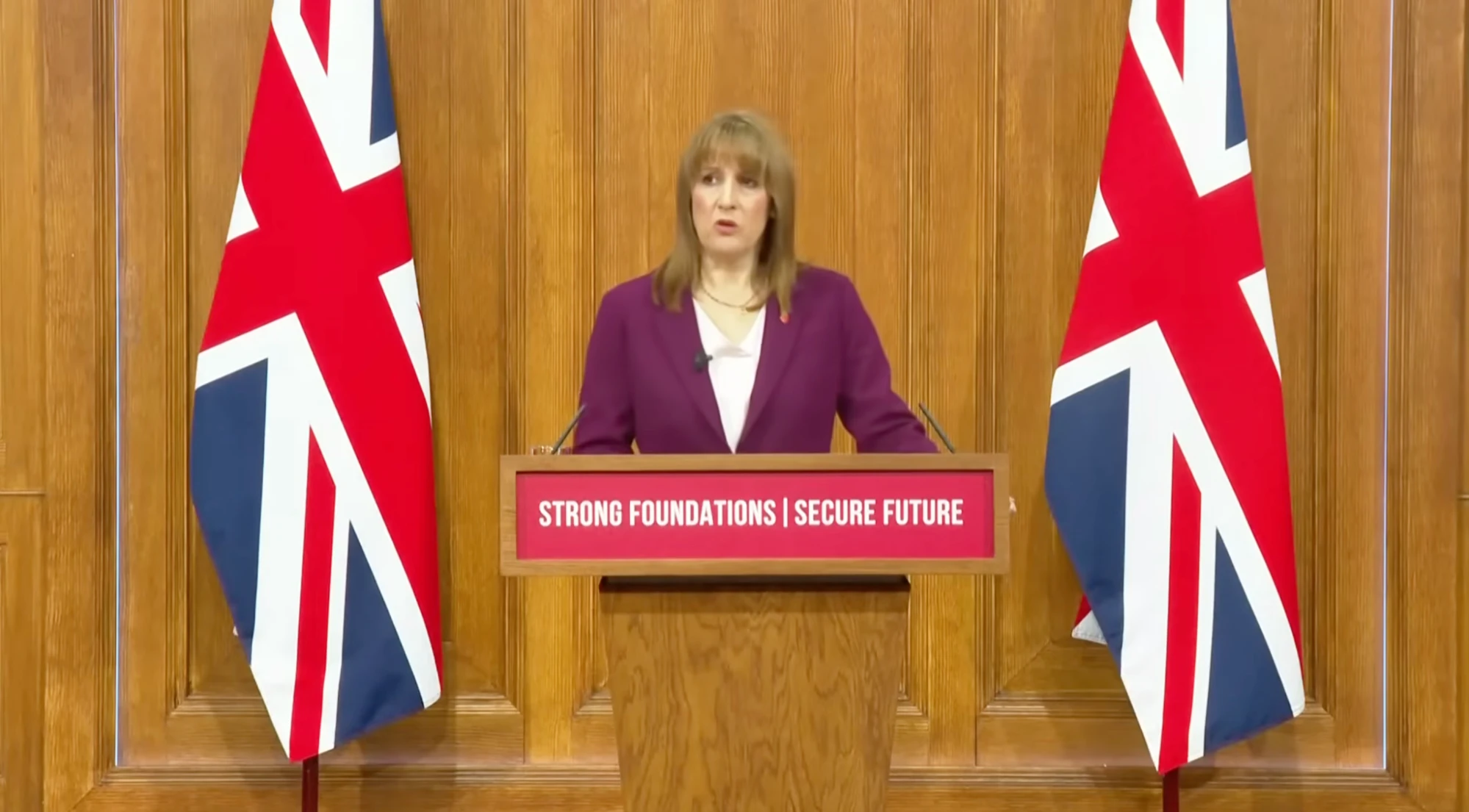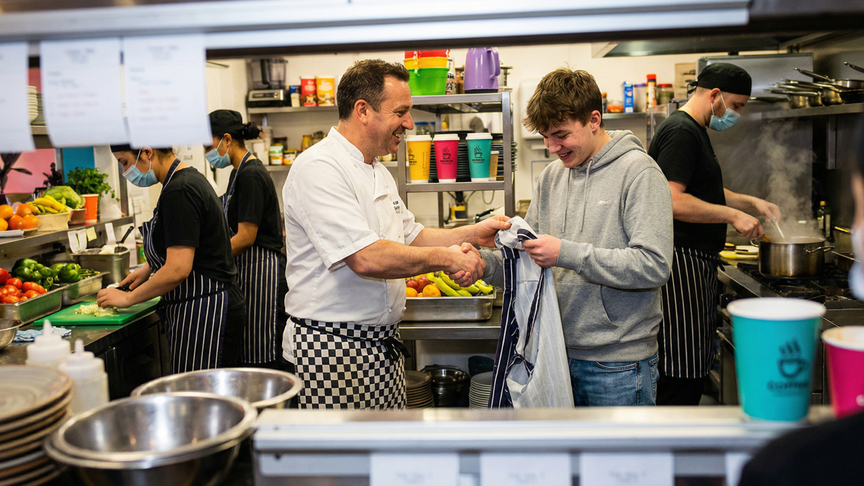Business confidence was already on shaky ground – but the Chancellor’s pre-Budget comments may have sent it crashing through the floor.
After last year’s National Insurance rise rattled employers, small business leaders had hoped the upcoming Budget might bring stability. Instead, the Chancellor’s refusal to rule out increases to income tax, VAT or National Insurance has piled on fresh anxiety – particularly among the UK’s smallest firms, who say they are running out of resilience.
In a speech delivered ahead of the Budget, she said she would be “making the tax and spending decisions to get debt down and to fund our public services sustainably.”
A Fragile Recovery At Risk
It comes after a volatile labour-market year marked by spiralling operating costs, tightening hiring conditions and weakening real wages. There had been tentative signs of recovery:
Employment Hero data for September showed UK employment rose 2.6% – the strongest monthly lift in 13 months – pushing annual growth to 2.7%. Full-time and wages were moving in the right direction too, although inflation continued to erode much of that progress.
Now business leaders warn these fragile gains could now be at risk if tax rises remain on the table ahead of the Budget.
Entrepreneurs Question Whether Risk Is Still Worth It
Afiya Titus, co-founder of Fineo AI and a member of the UK Small Business Growth Council, spends her days speaking with accountants who support the UK’s smallest businesses – and she says the mood has been increasingly weary.
“Everybody wonders why they’re taking risk[s] at the moment,” she says. “It currently feels like very little reward for the amount of risk that’s taken.”
She adds that she’s heard hundreds of conversations this past year where entrepreneurs and accountants alike have said, “I’d have a much simpler, safer, more stable life if I was an employee again, rather than employing people.”
She acknowledges that confidence has dipped – “There’s definitely a reduced feeling of hope than before” – but insists there’s also an undercurrent of optimism.
“We know policy can make a difference, and we’ll keep pushing for choices that actually enable micro-businesses to thrive.
“Whatever comes out of the Budget, we’ll find a way to adapt. There’s an incredible amount of creativity and grit in this community – that’s what keeps us going.”
Titus adds that misconceptions about business owners also need to be challenged and stresses that most entrepreneurs are far from the “fat-cat” caricature.
“Many of us pay ourselves less than our employees just to keep the lights on.” She also warns that the £85,000 VAT threshold still acts as “a limit to growth,” encouraging some smaller firms to turn down work to avoid tipping over.
Even the postponement of the Budget has unsettled many founders.
“People are just a bit spooked that the date was pushed out” she says. “But I do think once there’s clarity, people will get back to building again. It’s what we do.”
Chambers Of Commerce Warns Confidence Could Collapse
The British Chambers of Commerce shares that alarm. David Bharier, Head of Research, says business confidence was already fragile before the Chancellor’s comments, and that piling on costs could push many smaller firms past breaking point.
“Business confidence is already at quite a low base at the moment. Fundamentally, there are two messages that businesses need to see very clearly: One is no more costs or no more taxes on them in the upcoming Budget. If they see costs going up again, confidence is going to continue to fall.”
But for Bharier, avoiding further cost pressures is only part of the equation – what the economy needs now, he argues, is a long-term vision for growth.
“The other element is creating a stable narrative about how we’re going to grow the economy over the next few years,” he says, pointing to increased infrastructure investment and tackling planning barriers that currently stop firms expanding their premises.
Trade And Long-Term Growth Plans Urgently Needed
Trade support, he notes, could also deliver meaningful economic returns. “Trade is a very obvious and very tangible area we can generate growth from,” he says. “If last year we increased UK exports by just two percent, it would have added about 0.6% onto GDP. Every one percentage point growth in GDP is another potential £10 billion in tax revenue.”
For now, entrepreneurs are bracing once again – hoping the Chancellor chooses relief, not another blow to an already fatigued business base.























